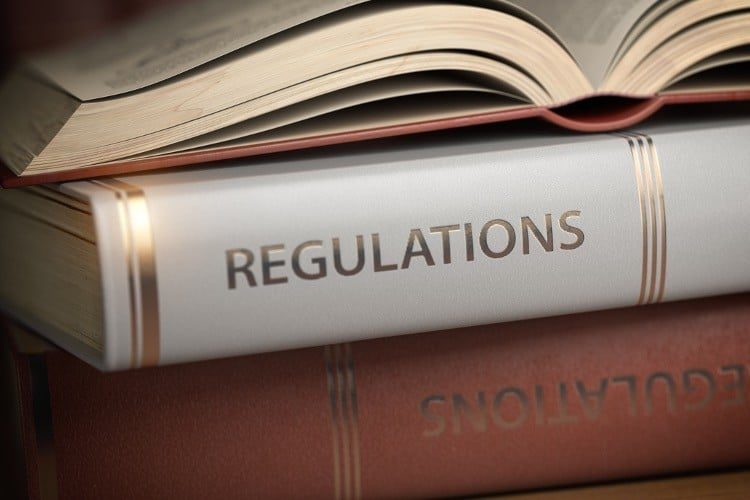
The European Union put out a call to U.S. President Joe Biden on Tuesday to help write a common rule book that would ostensibly curtail the power of major tech companies such as Facebook and Twitter, including for the purpose of fighting “fake news.”
While the effort may sound favorable to conservatives, who have often been on the receiving end of Big Tech censorship, would such a rule book, drafted by globalists and leftists, only pave the way for more erosion of free speech?
Speaking to the Davos World Economic Forum, European Commission President Ursula von der Leyen urged Biden to join forces against “the darker sides of the digital world,” which she claimed were partly behind the “shock” storming of Capitol Hill on January 6.
“The business model of online platforms has an impact and not only on free and fair competition, but also on our democracies, our security and on the quality of our information,” von der Leyen said. “That is why we need to contain this immense power of the big digital companies.”
She called on the White House to join the EU’s effort, saying that “together, we could create a digital economy rule book that is valid worldwide,” a rule book that would encompass data protection, privacy rules, and the security of critical infrastructure.
According to Von der Leyen, the EU’s plan “clearly laid down that internet companies take responsibility for the manner in which they disseminate, promote and remove content.”
This comes after the European Union in December proposed two new pieces of legislation with the aim of better protecting consumers’ rights online, improving digital competition, and making tech platforms more accountable.
“We want the platforms to be transparent about how their algorithms work,” von der Leyen said. “Because we cannot accept that decisions that have a far-reaching impact on our democracy are taken by computer programs alone.”
The EU’s data protection rules are among the strictest in the world.
The European Commission president further pointed to the deplatforming of President Trump by major social-media companies such as Facebook and Twitter earlier this month, which happened after the January 6 storming of the Capitol.
“No matter how tempting it may have been for Twitter to switch off President Trump’s account, such serious interference with freedom of expression should not be based on company rules alone,” she said. “There needs to be a framework of laws for such far-reaching decisions.”
Hungary is also pushing its own measures to regulate social media. The country’s prime minister, Viktor Orbán, is a Donald Trump ally who has spoken out against globalists such as George Soros.
Hungary’s justice minister, Judith Varga, said Tuesday that tech companies could face government regulation over “deliberate, ideological” social-media censorship.
Varga wrote that the government would move to place restrictions on tech companies that arbitrarily silence users, including the accounts of government state leaders, calling for the “transparent and controllable operation” of tech companies.
Varga claimed last week that tech companies “limit the visibility of Christian, conservative, right-wing opinions,” and that “power groups behind global tech giants” are able to decide elections. She claimed to have personally been “shadow banned” by Facebook.
It remains to be seen how Biden will react to the invitation from the European Union. The Democrat president is heavily in bed with Silicon Valley and has named former executives from Big Tech to his administration.
But is the EU’s plan as good as it sounds? After all, the EU is just as much a globalist, Deep State-controlled creature as most of Big Tech. Would the new regulations actually stop the censorship of conservatives, or serve to accelerate it?
Von der Leyen’s language provides a clue. Considering that the EU talks about combating hate speech and “fake news” that contributes to far-right political violence such as what allegedly took place at the Capitol, it seems more likely that the proposed regulations would result in more, not less, censorship of right-wing voices.
Competition is key. Conservatives must continue to build and support alternatives to Big Tech on which they can freely operate and shun as much as possible establishment-controlled tools or resources, lest they meet the same fate as Parler, which went down because it depended on Amazon for its hosting, which mercilessly pulled the plug on the Twitter alternative.





